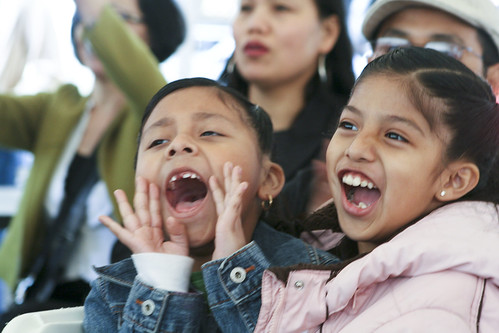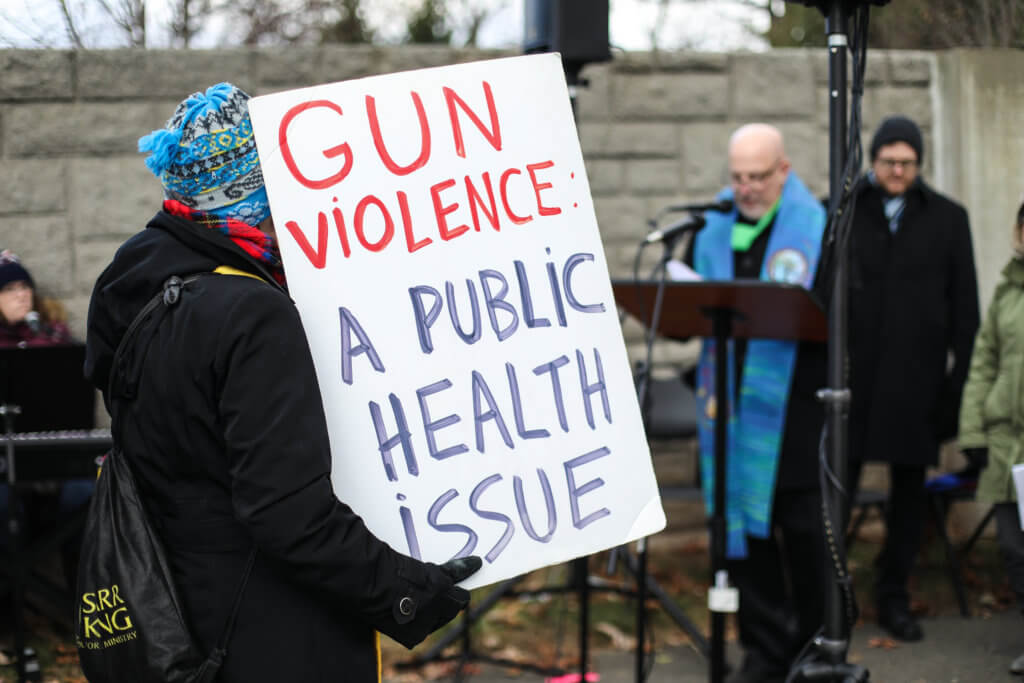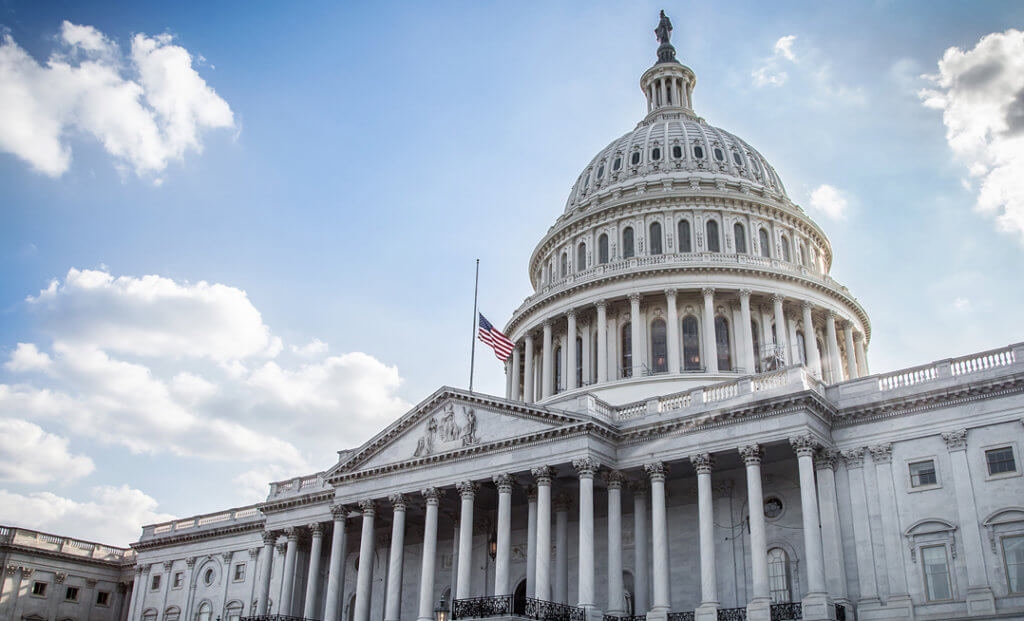To the Proposed Gun Violence Prevention Measures, We Say Yes

Photo by: Kate Gardiner
In a statement yesterday, NCLR praised President Obama’s bold actions to stem gun-related violence in America through 23 executive orders and renewed calls to Congress to stop the pipeline of guns that contribute to the carnage of innocent people. We were especially pleased to see that the issue was being addressed from a broader lens than solely mass shootings, as tragic and heartbreaking as they are. We need a holistic approach to this complex issue which also addresses the violence that communities of color face on a daily basis.
“We praise the president’s swift, thoughtful action as well as his challenge to Congress to enact new measures and broaden this long-overdue national conversation,” said our President and CEO, Janet Murguía. “There are many promising first steps in his announcement, including measures aimed at getting guns out of the hands of the wrong individuals.”
Action on the president’s proposal couldn’t come soon enough. Today in America, every three hours a young person is killed by firearm violence. Every 14 hours, that teen or child is Latino. These rates do not reflect an environment where all Americans are free to worship, assemble, and live as they please. They are simply unacceptable.
Because we know our children disproportionately suffer from policing in schools and a punitive educational atmosphere, putting even more armed guards in our children’s schools cannot be the solution to reducing this kind of violence.
Instead, we applaud the president’s responsiveness to a concerned civil rights community with a pronouncement of efforts to break the “school-to-prison pipeline” in poor majority-minority schools, as well as his efforts to reinstate access to mental health services for disadvantaged students. For the first time in years, resources are proposed to allow more flexibility for mental health and social resources to be directed toward behavioral problems.
“We are hopeful that local, state, and federal lawmakers will work with the White House on policies that do not just address the accessibility of guns,” said Murguía, “but also ensure that we are providing the kind of support, guidance, counseling and mental health services that can help children—especially youth routinely exposed to violence—learn to cope with issues without resorting to violence.” We hope to work with them in the next year to flesh out proposals.



